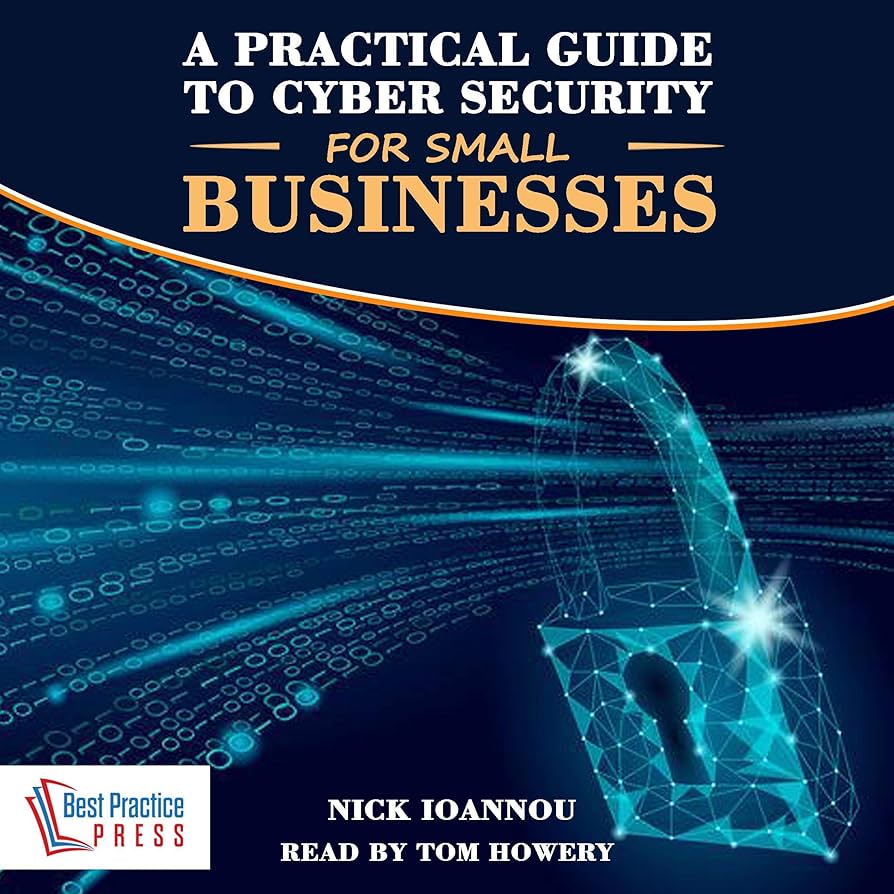In today’s digital age‚ cybersecurity is no longer just a concern for large corporations. Small businesses are increasingly becoming targets for cyberattacks‚ and the consequences can be devastating‚ ranging from financial losses to reputational damage. Understanding the basics of cybersecurity and implementing appropriate measures is crucial for protecting your business and ensuring its long-term success. This guide provides a practical introduction to cybersecurity for small businesses‚ offering actionable tips and strategies to safeguard your valuable assets and sensitive data. Let’s delve into the essential aspects of cybersecurity that every small business owner should know.
Understanding the Cybersecurity Landscape
Before implementing cybersecurity measures‚ it’s essential to understand the threats and vulnerabilities that small businesses face.
Common Cybersecurity Threats
- Phishing: Deceptive emails or messages designed to trick employees into revealing sensitive information.
- Malware: Malicious software that can infect computers and networks‚ causing damage or stealing data.
- Ransomware: A type of malware that encrypts data and demands a ransom for its release.
- Weak Passwords: Easily guessable passwords that can be cracked by hackers.
- Insider Threats: Security breaches caused by employees‚ either intentionally or unintentionally.
Why Small Businesses are Targets
Small businesses are often targeted because they:
- Typically have less sophisticated security measures than larger companies.
- May lack dedicated IT staff with cybersecurity expertise.
- Often handle sensitive customer data‚ making them attractive targets for data breaches.
Essential Cybersecurity Practices for Small Businesses
Implementing these practices can significantly improve your business’s security posture.
1. Strong Passwords and Multi-Factor Authentication
Use strong‚ unique passwords for all accounts and enable multi-factor authentication (MFA) whenever possible. MFA adds an extra layer of security by requiring a second form of verification‚ such as a code sent to your phone.
2. Software Updates
Regularly update all software‚ including operating systems‚ applications‚ and antivirus software. Updates often include security patches that fix vulnerabilities.
3. Employee Training
Educate employees about cybersecurity threats and best practices. Training should cover topics such as phishing awareness‚ password security‚ and safe internet browsing.
4. Firewall and Antivirus Protection
Install and maintain a firewall to protect your network from unauthorized access. Use reputable antivirus software to detect and remove malware.
5; Data Backup and Recovery
Regularly back up your data to a secure location‚ such as a cloud-based service or an external hard drive. This will allow you to recover your data in the event of a cyberattack or other disaster.
Factoid: Studies show that nearly 60% of small businesses that experience a data breach go out of business within six months.
Developing a Cybersecurity Plan
A comprehensive cybersecurity plan is essential for protecting your business.
Key Components of a Cybersecurity Plan
- Risk Assessment: Identify potential threats and vulnerabilities.
- Security Policies: Develop clear security policies and procedures.
- Incident Response Plan: Create a plan for responding to security incidents.
- Regular Audits: Conduct regular security audits to identify weaknesses.
Consider consulting with a cybersecurity professional to help you develop and implement a comprehensive cybersecurity plan tailored to your specific needs.
Factoid: The average cost of a data breach for a small business is over $100‚000.
FAQ: Cybersecurity for Small Businesses
Q: What is the most important cybersecurity measure for a small business?
A: Implementing strong passwords and multi-factor authentication is arguably the most important measure‚ as it prevents unauthorized access to your accounts and data.
Q: How often should I back up my data?
A: You should back up your data regularly‚ ideally daily or at least weekly‚ depending on how frequently your data changes.
Q: What should I do if I suspect a security breach?
A: Immediately isolate the affected systems‚ notify your IT staff or cybersecurity consultant‚ and follow your incident response plan.
Q: How can I train my employees about cybersecurity?
A: Provide regular training sessions‚ use online resources‚ and conduct phishing simulations to test their awareness.
Q: Is cybersecurity insurance worth it for a small business?
A: Cybersecurity insurance can help cover the costs associated with a data breach‚ such as legal fees‚ notification costs‚ and recovery expenses. It’s worth considering‚ especially if you handle sensitive data.

